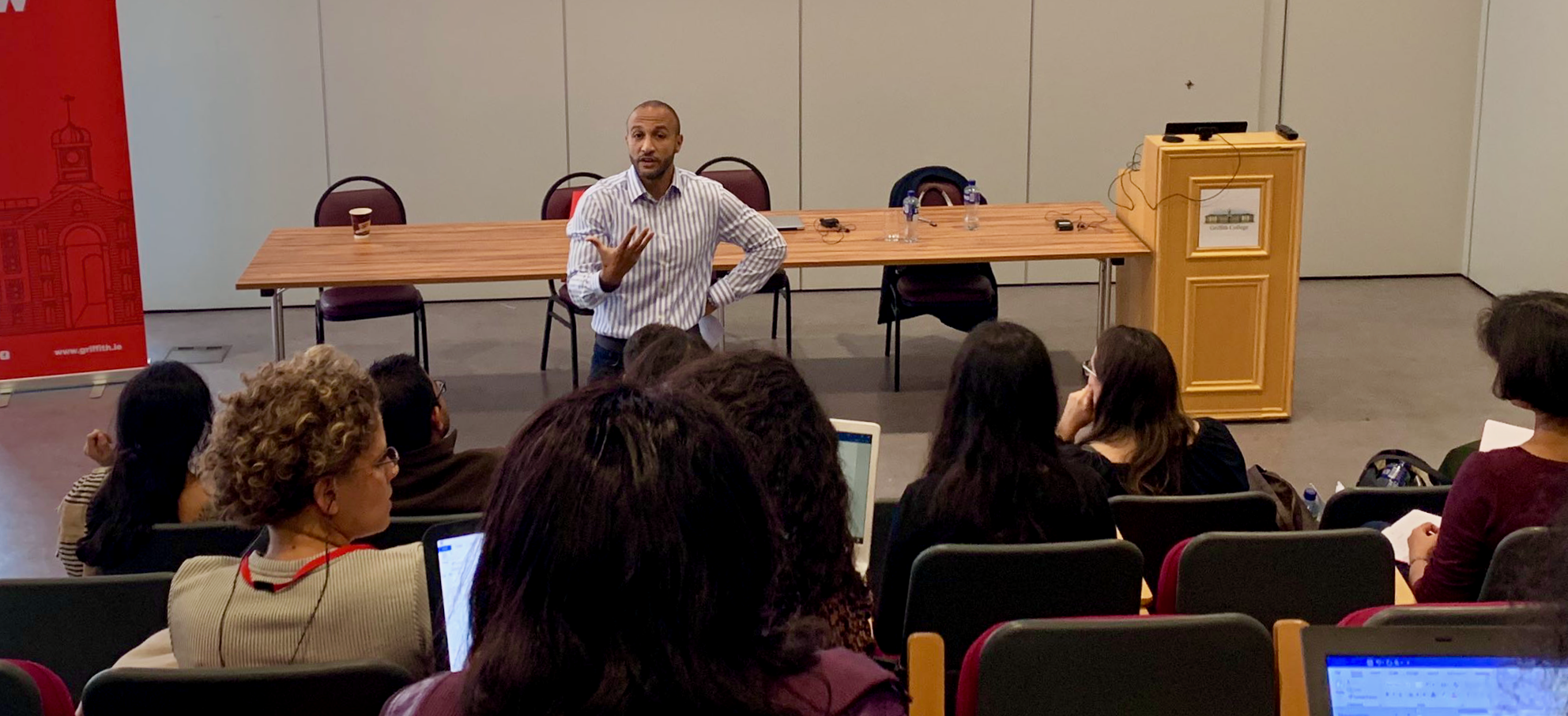
Overcoming Research Fright
Postgraduate students find academic research daunting. Their perception of research is a prime source of their anxiety: to many postgraduate students research is a product that is manufactured through the melding of inputs such as theory, methodology, data, and a few others, a little like an Irish stew. Once the ingredients are mixed together, the student need only bring the concoction to a boil, cook, and serve. Overemphasis on the product triggers the adoption of a cornucopia of artificial – and unattainable – targets: a perfect thesis, a perfect dissertation, or a perfect article.
It is possible to overcome the intimidation, however. What is required is a subtle shift in both perception about and ambition toward research. Postgraduate students should begin to treat research as a practice instead of an output. A research as practice approach differs from a research as product model by shifting the focus: instead of targeting a perfect dissertation, students are to pursue proficiency in the activities associated with research. It is the quality of their research skills that will ultimately determine the quality of their dissertation as well as their future potential as an academic researcher.
I call this a proactive vision of research for it compels students to steer their gaze toward the activities they engage in, to ask ‘how’ instead of ‘what’ questions. In this way, their degrees are better understood not as exercises in research production but in research training. Most masters and doctoral students are provided opportunity – anywhere between 2-6 years worth – to develop expertise in the skills needed to become a successful academic researcher, skills they will eventually evidence through the completion of a suitable research project (their dissertation).
In short, postgraduate studies are not the big game. Rather, they are the practice pitch where abilities are honed in anticipation of the big games to come.




